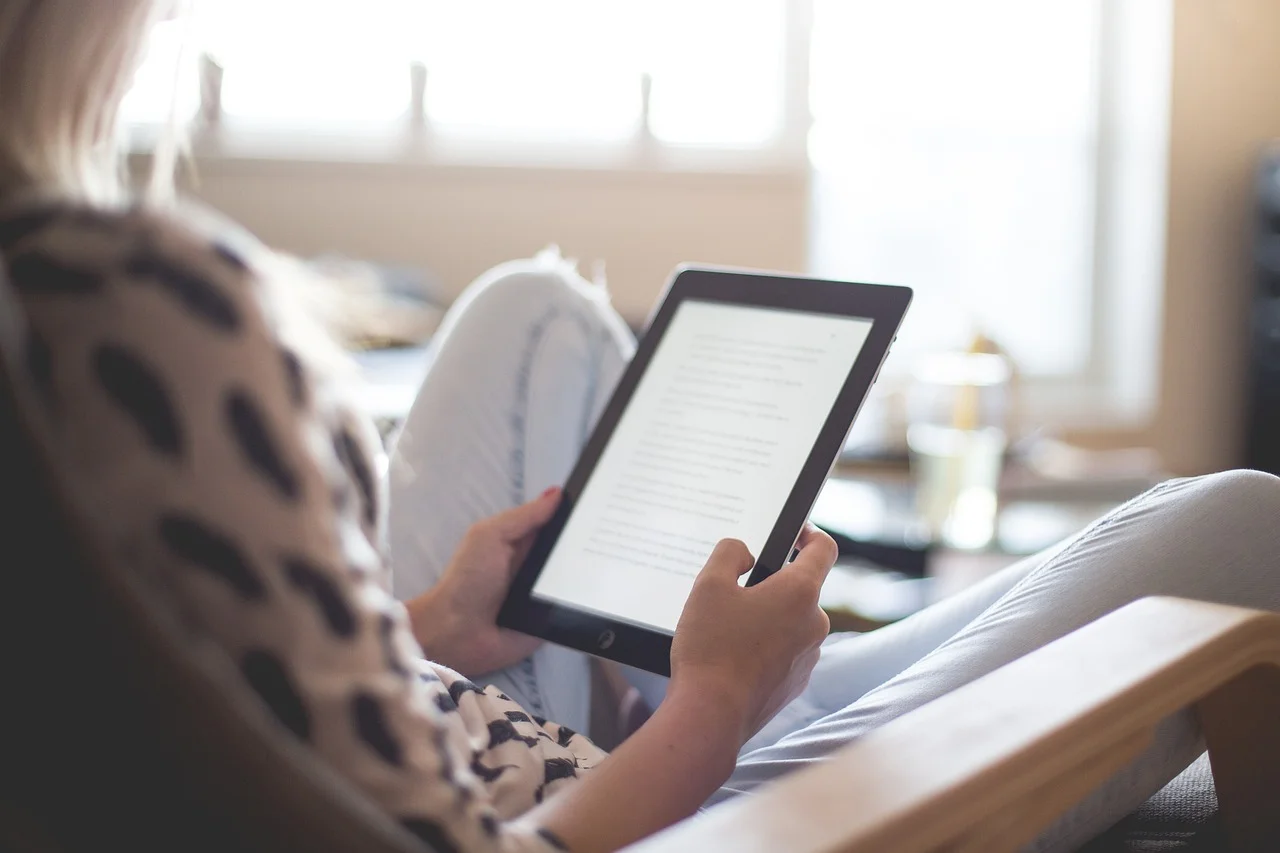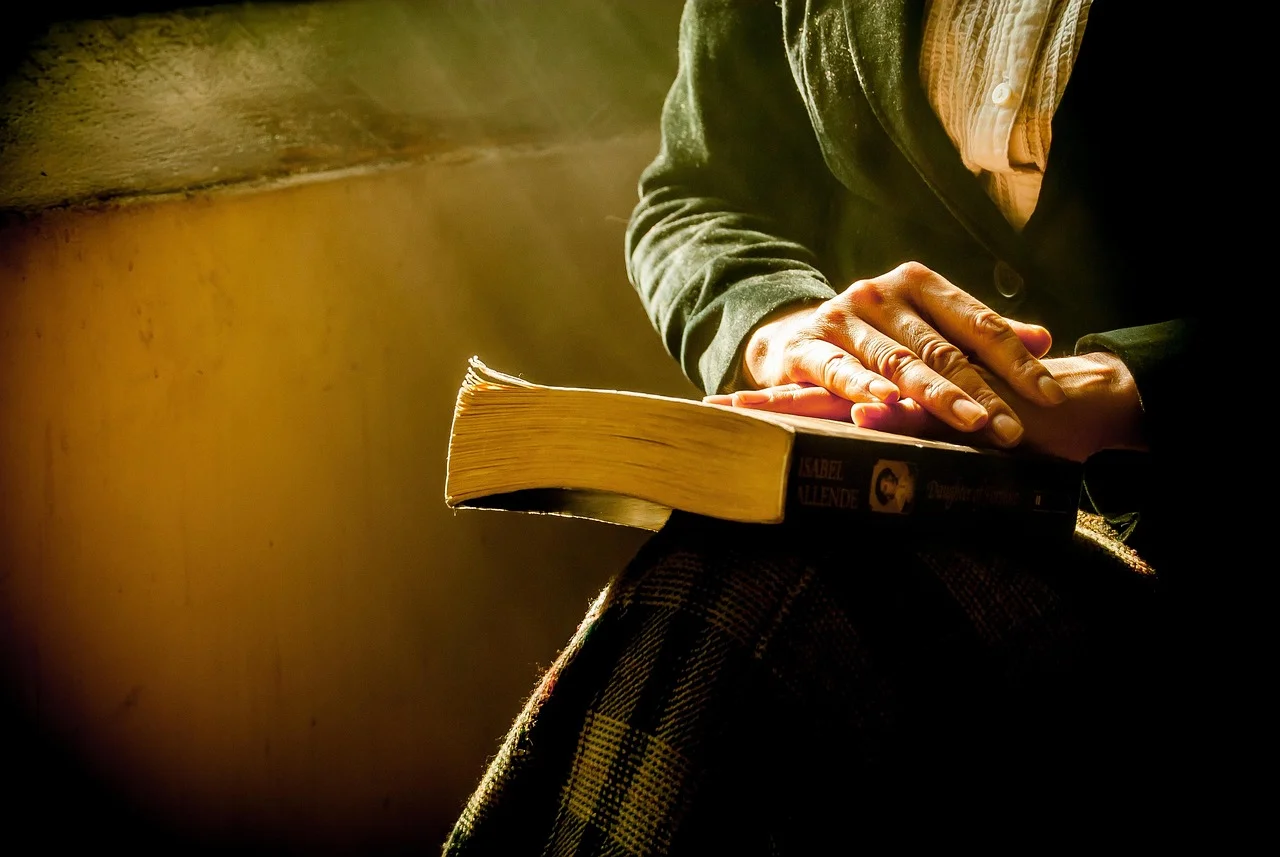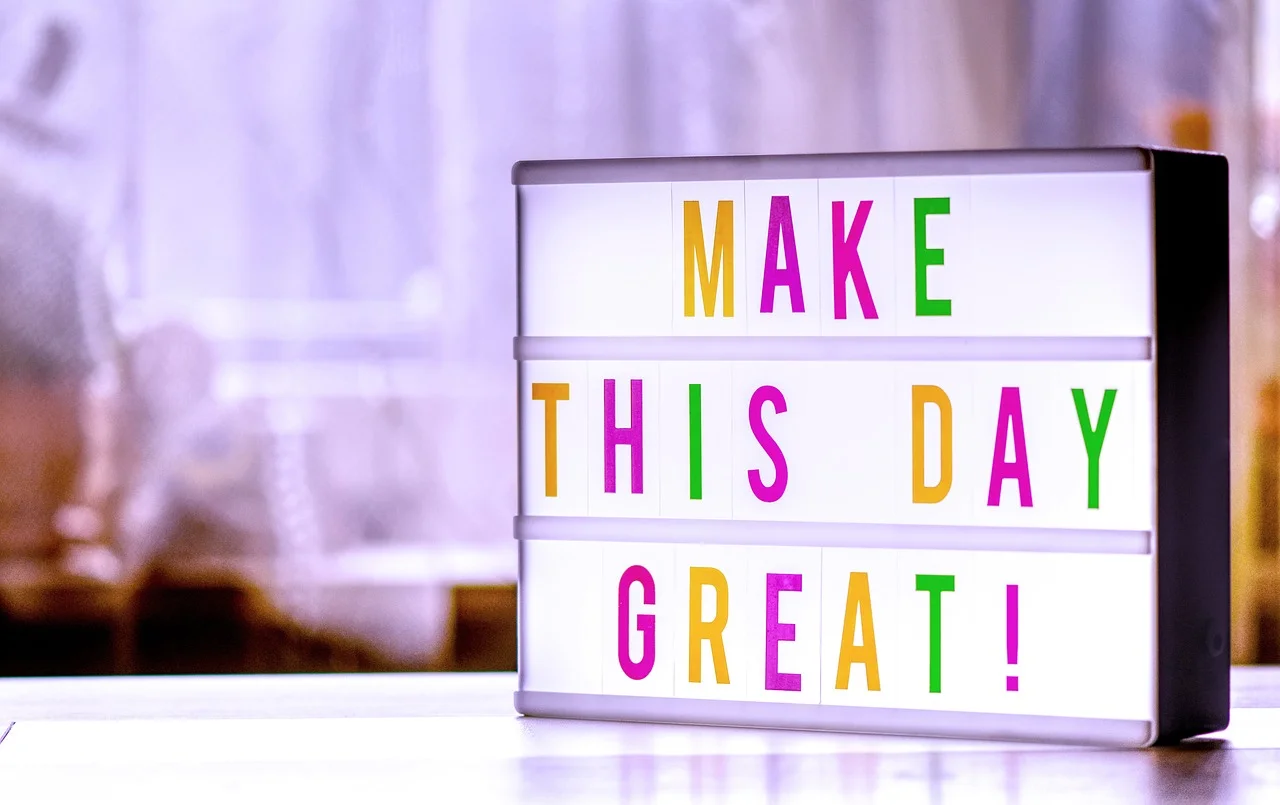In an era defined by rapid change and uncertainty, many turn to current news, data, or forecasts to understand the present. But surprisingly, some of the most illuminating answers come not from headlines, but from the pages of historical fiction, biographies, and literature set in times long past.
Reading about different eras—whether ancient civilizations, medieval kingdoms, or 20th-century revolutions—offers more than entertainment; it provides much-needed perspective on contemporary challenges.
History as a Mirror, Not a Museum
One of the most compelling reasons to read about different eras is that history often repeats—not in identical form, but in rhythms and patterns. When we read about past societies grappling with pandemics, economic collapse, censorship, or war, we begin to see today’s events not as unprecedented anomalies, but as part of a broader human narrative.
Take, for example, Albert Camus’s The Plague, written in 1947 but rediscovered widely during the COVID-19 pandemic. Although fictional, its portrayal of fear, denial, and moral responsibility resonated strongly with modern readers. Camus wasn’t predicting the future; he was illuminating the enduring human response to crisis. By reading about the past, we gain vocabulary and frameworks to better understand what we are currently facing.
Contextualizing Progress and Struggle
Modern life can often feel like it’s either stagnating or spiraling. Reading about different eras puts this perception into context. Consider the struggles for women’s rights, civil liberties, or racial equality. Literature about the suffrage movement, abolitionist campaigns, or civil rights struggles reveals how progress is rarely linear or simple.
For instance, reading The Color Purple by Alice Walker or A Room of One’s Own by Virginia Woolf shows not only the weight of past inequality but the perseverance and complexity of those who pushed against it. When we understand the depth of historical struggle, we become more grounded in our expectations of social change and more committed to long-term effort.
It also tempers the urge to view modern challenges as insurmountable. Seeing how people overcame previous injustices, often with fewer resources and greater resistance, can be both humbling and inspiring.
Understanding the Roots of Today’s Institutions
Institutions such as governments, schools, and economies are often taken for granted or criticized without full comprehension. By reading about their origins and transformations in earlier eras, we gain a clearer picture of why they function—or fail—the way they do now.
A biography of a figure like Alexander Hamilton or a historical novel set during the French Revolution doesn’t just entertain—it reveals how modern banking systems, democratic ideals, or judicial structures evolved through trial and error, revolution, and reform.
This kind of reading equips us to be more informed citizens. It enhances critical thinking by offering long-view insights into systems that are otherwise seen only through short-term news cycles or partisan lenses.
Enlarging Empathy Across Time and Culture
One of reading’s most subtle powers is its ability to place us in the shoes of people from vastly different worlds. When we read about different eras, we engage with worldviews shaped by different norms, values, and constraints. This nurtures empathy—not just for historical figures, but for people today who live differently from us.
Reading Things Fall Apart by Chinua Achebe opens a window into pre-colonial and colonial Nigeria, while The Book Thief by Markus Zusak portrays the human cost of war from an unconventional, personal angle. Both novels help readers see history not as distant or abstract, but as intimate and lived.
This broadened understanding helps us recognize nuance in modern global issues. When we see how culture, geography, and history shape thought and behavior, we become less reactive and more reflective in our judgments.
Escaping the Present to See It More Clearly
Paradoxically, stepping outside the present moment is often the best way to see it clearly. Reading about a different era removes us from the emotional noise of contemporary life. This literary distance enables more objective reflection. It’s akin to climbing a hill to see a town more fully—the higher perspective offers greater clarity.
Literature like George Orwell’s 1984 or Margaret Atwood’s The Handmaid’s Tale, while not set in actual historical periods, draw heavily from past political regimes, offering a lens to critique authoritarianism, censorship, and surveillance. They feel prophetic because they’re grounded in recognizable historical patterns.
By viewing today’s anxieties through a historical or speculative lens, we’re often better able to identify what truly matters, what is cyclical, and what may require urgent action.
Reframing Modern Identity and Responsibility
Modern readers often struggle with questions of identity, purpose, and responsibility. Reading about different eras reveals how people in other times also faced these questions—but under different constraints.
In Les Misérables, Victor Hugo writes of redemption and justice in a fractured society. In Anna Karenina, Tolstoy explores the limits of personal freedom in the face of social norms. These stories resonate today not because they are modern, but because they reveal how deeply human dilemmas transcend time.
This reframing encourages introspection. If individuals in distant centuries could navigate oppressive norms, fight for dignity, or confront personal demons, perhaps we too can rise to our challenges—not with cynicism, but with courage rooted in a larger story.
Encouraging Intellectual Humility
Another benefit of reading across time is the development of intellectual humility. We often assume that modern people are more enlightened simply because they have access to more information or technology. But history is full of complex thinkers, courageous reformers, and artistic geniuses who lived without smartphones, social media, or modern medicine.
Engaging with their ideas and struggles forces us to reconsider what we know and how we know it. It reminds us that wisdom is not exclusive to the present and that progress is not synonymous with superiority.
Reading the Past to Shape the Future
Reading about different eras offers more than historical knowledge—it offers wisdom, perspective, and grounding. In a world of immediate reactions and overwhelming information, literature from or about the past slows us down. It encourages reflection rather than reaction, understanding rather than assumption.
The voices of past generations are not relics; they are echoes that still speak. And in listening to them, we often find not just explanations for today’s challenges, but the inspiration to face them with resilience, clarity, and hope.


